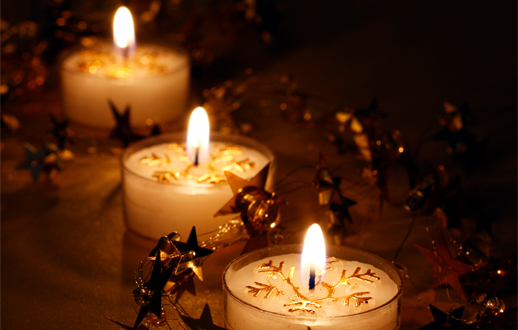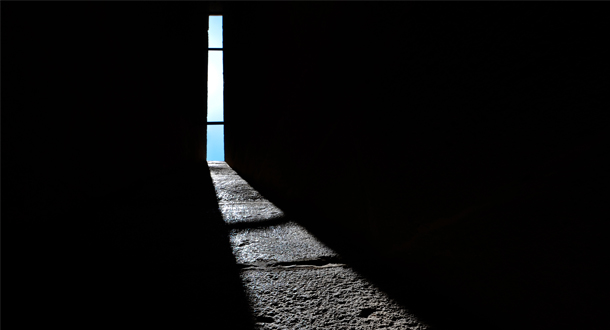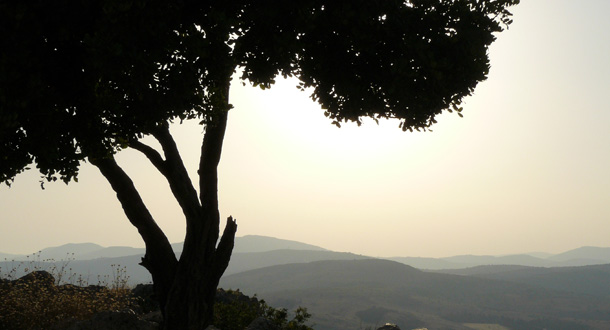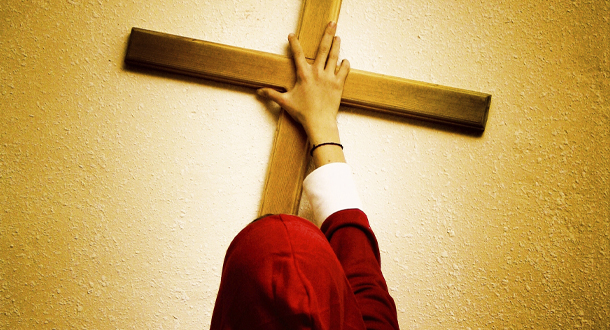 Scripture:
Scripture:
Isaiah 40:25-31
Matthew 11:28-30
Reflection:
Why is God often late? Consider:
– Calamities took Job’s family and wiped out his possessions before God spoke with him. Late.
– Except for Joshua and Caleb, all the Israelites who left Egypt died before they could enter the Promised Land. Forty years too late for them.
– Martha, sister of Lazarus who died shortly before Jesus arrived, chided Jesus. “Lord, if you had been here…” she said. But now, too late.
– Jairus’ daughter died before Jesus arrived. Too late.
– Zechariah and Elizabeth fervently prayed for a child until they grew old. Thanks for the message from God, Gabriel, but it is several years too late.
The list goes on. We can sympathize with the skepticism of Israelites who heard God’s message from the prophet Isaiah, “Give comfort to my people. Tell them the end of their exile is near.” To that message, they responded that God doesn’t understand them — “My way is hidden from the Lord.” And what kind of just God is it that punishes them with an empire far more evil and monstrous than his people had ever been — “My right is disregarded by my God.” God was late the day the Babylonian Empire invaded their land and destroyed their temple. Too late. They were discouraged and disbelieving of any message of prophetic hope. They were truly in exile, not only from the homeland, but from God.
No doubt we can add our own experiences of God arriving late in responding to our needs, subjecting us to exile of loneliness, grief, or broken relationships. Perhaps that is why Advent is important for us. This is the time of learning to wait and not merely waiting, but waiting in hope. Hope is that virtue that calls us to trust God, even in our darkest exile of seeming hopelessness. This is the time when we pray “O come, O come, Emmanuel, and ransom captive Israel — and us — that mourn in lonely exile here.”
Advent is the time to embrace the message of Isaiah: “They that hope in the Lord will renew their strength, they will soar and with eagles’ wings.” The Advent message is unmistakable. God does hear us, wants to lighten our burden and strengthen us. Emmanuel will come for the Israelites and for us, if we will wait in hope. God may not respond to our needs when we think he should and in the way we think best. But he will respond as God always does, in the fullness of time. God is late — but always on time.
Deacon Manuel Valencia is on the staff at Mater Dolorosa Passionist Retreat Center, Sierra Madre, California.

 Scripture:
Scripture: Scripture:
Scripture:
 Scripture:
Scripture: Scripture:
Scripture: Scripture:
Scripture: